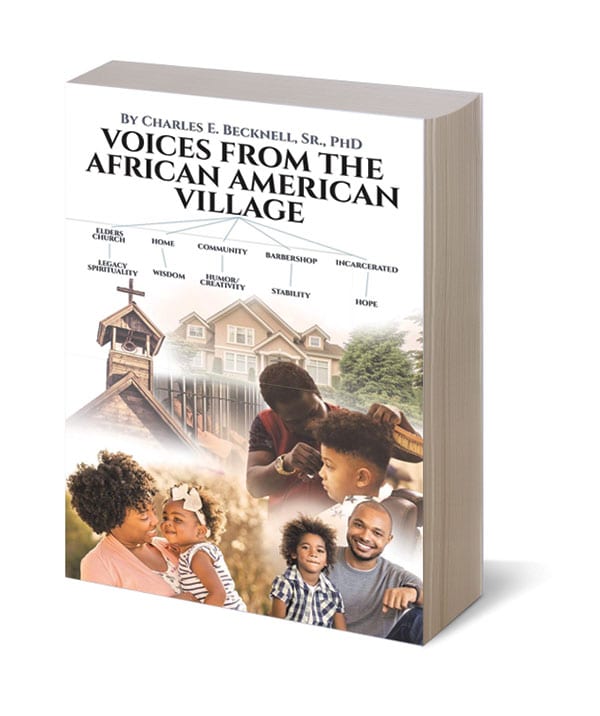
Shelf Life
Books by UNM Alumni
For someone who loved the Southwest and open spaces, Joseph M. Ferguson, Jr. (’57 BA) had the perfect career. As a traveling salesman for textbook publishers, he was able to set his own itinerary and choose his own routes. “The roads I loved most were in northeastern New Mexico where I discovered — imagined rather — the ghost town of Perdido,” Ferguson writes in his preface to The Roads Around Perdido (Sunstone Press, 2019), a collection of 10 related short stories set in this lonesome country. Ferguson has a way with character and dialogue, but it is description of place where he shines. (The book was a finalist in the 2020 New Mexico-Arizona Book Awards contest for fiction.) This is Ferguson describing the title subject: “Untended fields give way to unplanted prairie, and then through hills of juniper and sky the highway dips and rises, a slate-bright line to the end of the earth where clouds, new-born and luminous, have just begun to billow.”

Ildikó Oravecz (’89 BBA, ’05 MA) has trademarked the term Tribal Abundance, a philosophy to help people achieve their personal and professional goals. She lays out her philosophy in Tribal Abundance: Living Courageously in an Uncertain World (Citrine Publishing, 2019), which has been recognized by the Independent Publishers Book Awards, the International Book Awards and the New Mexico-Arizona Book Awards. Oravecz relies on stories from her life — as a child in South Africa, an immigrant to the United States plopped down in Socorro, N.M., a coach and consultant — to help readers learn how to collaborate and connect to build personal and professional success. In short: “Listen to your gut, build a culture you believe in, and maintain a posture that promotes further enrichment.”
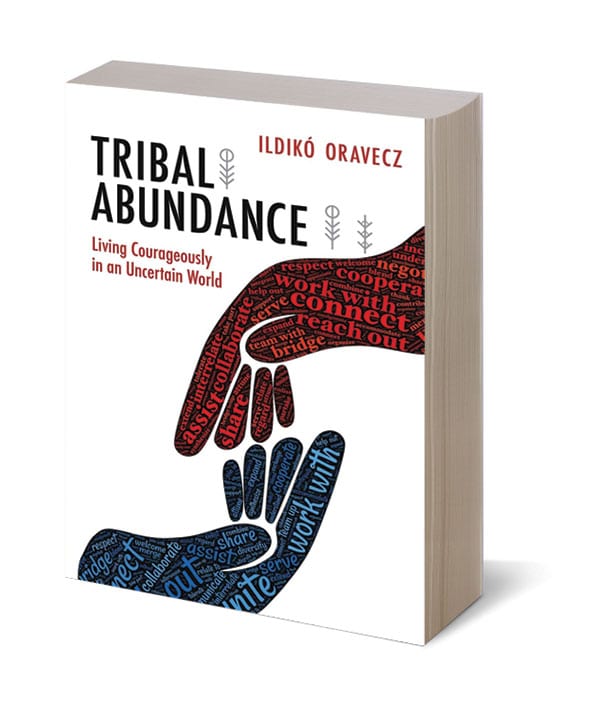
Joy Harjo (’76 BA), who was just named to a third term as the nation’s poet laureate, has chosen works for a comprehensive anthology of poems by Native American writers. Harjo, a member of the Muskogee Creek tribe, is editor of When the Light of the World Was Subdued, Our Songs Came Through (W.W. Norton & Co., 2020) along with LeAnne Howe and Jennifer Elise Foerster. Harjo explains in her introduction that many people have no idea there is a single Native American poet, much less the more than 160 represented in the anthology. “Many who open the doors of this text arrive here with only stereotypes of indigenous peoples that keep indigenous peoples bound to a story in which none of us ever made it out alive,” Harjo writes. “In that story we cannot be erudite poets, scholars, and innovative creative artists.” This volume contradicts that stereotype with stirring poems by indigenous poets living and passed on, including a roster of writers with ties to UNM. Kiowa poet N. Scott Momaday (’58 BA) offers a blessing and there are poems by Leslie Marmon Silko (Laguna, ’69 BA), Paula Gunn Allen (Laguna, ’75 PhD), Simon Ortiz (Acoma, Professor Emeritus and Honorary Doctor of Letters) and Luci Tapahonso (Navajo, ’81 BA, ’83 MA).
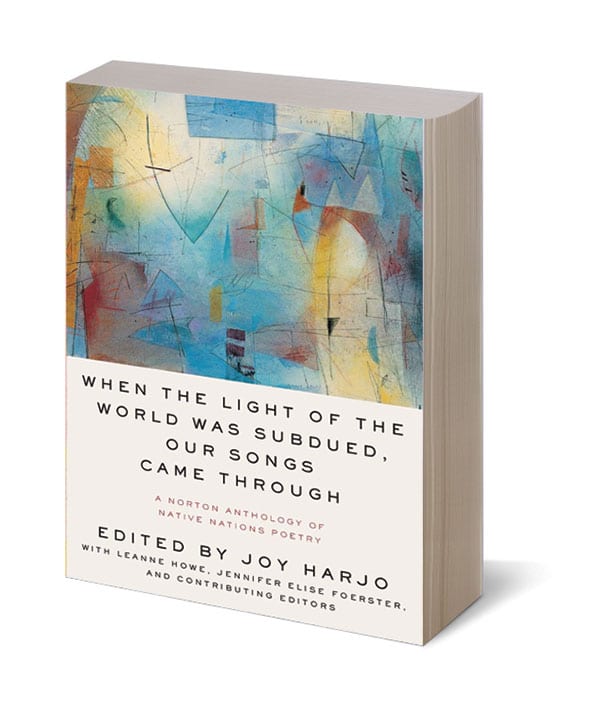
Ranger McIntyre: The Dunraven Hoard Murders (Gale, 2020) is the third installment of the Ranger McIntyre historical fiction mystery series by James C. Work (’73 PhD). When the college fraternity brother of the son of a Denver millionaire is found dead near one abandoned gold mine in the Rocky Mountains, then another frat brother is found dead near a second mine, Rocky Mountain National Park ranger McIntyre is happy to take some time off and help an attractive investigator try to get to the bottom of the murders. Before the mystery is solved, there is yet another body: the millionaire’s son is found shot to death.
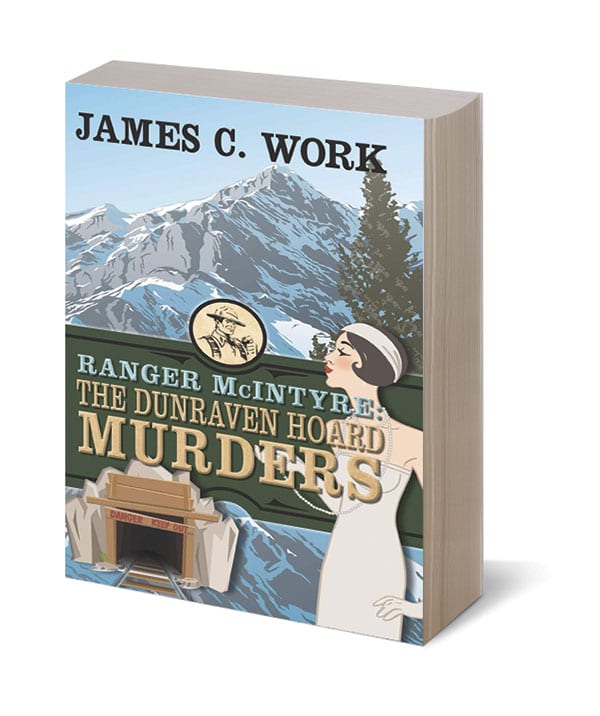
Valerie Sherer Mathes (’63 BA, ’65 MA) has built a body of academic work that centers on the American Indian Reform Movement, a series of late 19th century government policies designed to assimilate Native Americans while securing for them land ownership and civil rights. Mathes, professor emerita of history at City College of San Francisco, had her eighth and ninth books published last year. In Charles C. Painter: The Life of an Indian Reform Advocate (University of Oklahoma Press, 2020), Mathes draws a portrait of a skilled negotiator and successful advocate for assimilation policies to address the so-called “Indian problem” of his day. Born in Massachusetts in 1833, Painter was a Congregational Church pastor and professor of theology who came to the Indian Reform Movement through his association with missionary education. In 1883 he was hired by the Indian Rights Association, a non-native group dedicated to the goal of achieving full citizenship rights for American Indians and believing that conversion to Christianity was the key to that end. Through his decades with the Indian Rights Association Painter became an important advocate for protection of Native communities and played a vital role in shaping federal Indian policy.
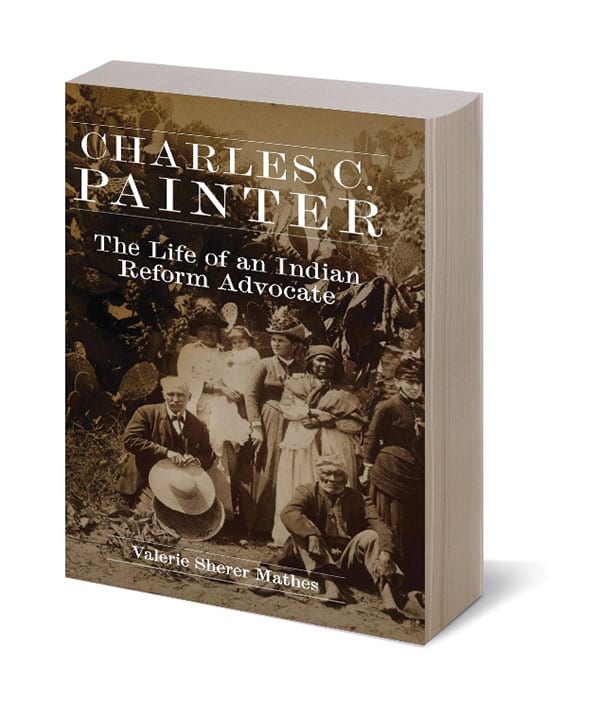
Mathes is the editor of Gender, Race, and Power in the Indian Reform Movement (University of New Mexico Press, 2020), which examines the Women’s National Indian Association, another of the associations that worked toward assimilation policies. Throughout its history — and even before its female members had a secured their own right to vote — the association established missions and missionary schools and worked to improve reservation conditions and relations between Native Americans and whites. Mathes also contributes several essays. Driven by a desire to reform an unjust and corrupt federal Indian Office and “a belief in the transformative power of evangelical Christianity,” Mathes writes that two Baptist women from Philadelphia — Mary Lucinda Bonny and Amelia Stone Quinton — formed the Women’s National Indian Association in the late 1870s and pressed through petitions, pamphlets and personal appeals to President Rutherford B. Hayes for policies that upheld treaty rights and contributed to permanent homes for Native peoples.
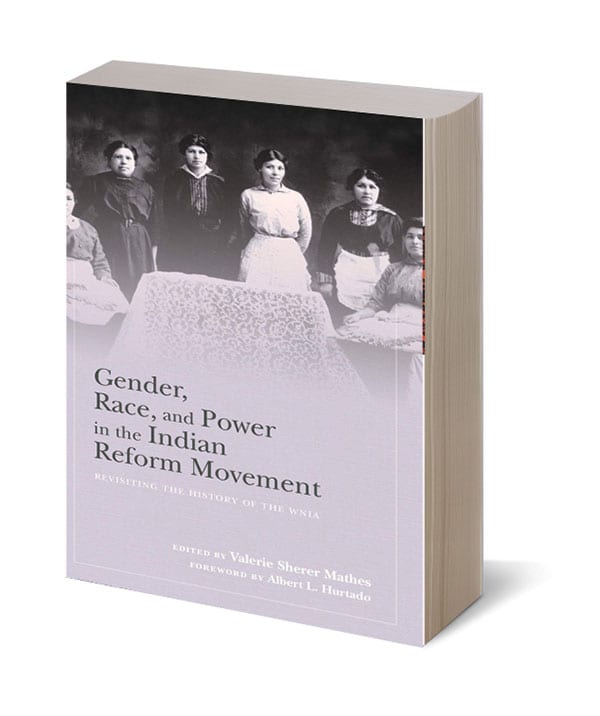
In Some Kinds of Earthly Love (Little Wing Press, 2020), Neil Flowers (’96 MA), poet, screenwriter, actor and director, collects poems of romantic love, maternal love and other things in a slim large-format volume. This is “Mother and Child”: “She stands/in the plaza/Bust shoppers/bustle round her/Slowly on/her axis turning/this way that way/rocking/the tiny blue/bundle in her arms/She smiles and/smiles and smiles.” And from The Far Pacific: “My left knee hurts. Brown spots/ fleck the backs of my hands/In the street young women cruise by on new bikes/skirts swirl in cool breezes, slim bar legs/make me ache for days that will not return.”

Flowers presents a completely different tone and form in A Signal Through the Flames (Little Wing Press, 2020). Told as a long narrative verse, it is the story of the Nazi invasion of Yugoslavia in 1941 and its interruption of a crush by 15-year-old Alex on his 27-year-old teacher Rachel, a love that he carries with him through escape, a settled life in Canada and marriage.
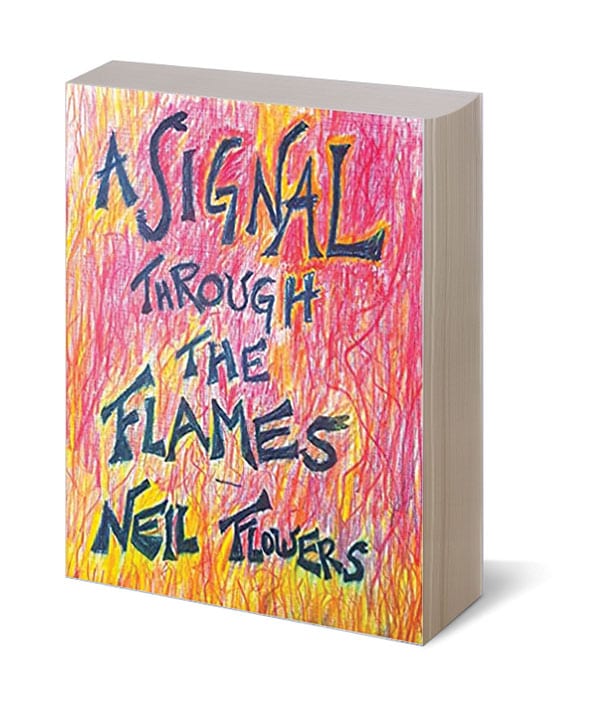
“To all who read this book,” Charles Becknell Sr. (‘75 PhD) writes in the preface to Voices from the African-American Village (Page Publishing, 2019), “I encourage you to remember that a person over seventy is not a relic of the past, but a history book with a story to tell and testimony to be revealed.” With that, Becknell begins his testimony to the power — and humor — of the teachings of Black elders and the foundation they provide for Black culture. The subtitle of Becknell’s book is “It Takes a Village to Define a Community.” He begins with language — “black speak.” “God gave us two ears and one mouth, evidently He wanted us to do more listening than talking.” “I brought you into this world and I will take you out.” “What you do in the dark will soon come to light.” Becknell penned this short, breezy volume after reflecting that younger African-Americans might have lost out on some of the lessons the parenting figures of his generation used to form a culture. “In the transition from old to new, we lost a lot of communication strategies that assisted us in survival by giving us coping skills, endurance skills, and emotional skills to make it until time got better.”
